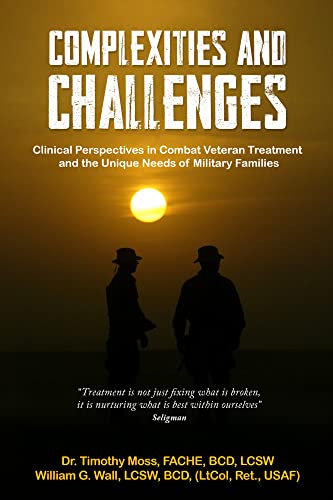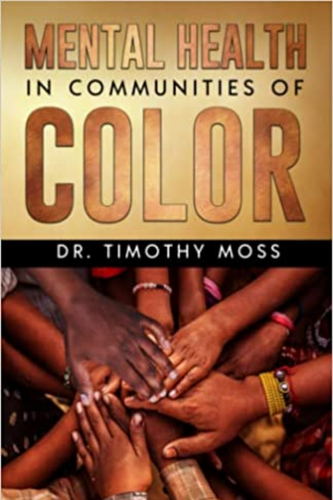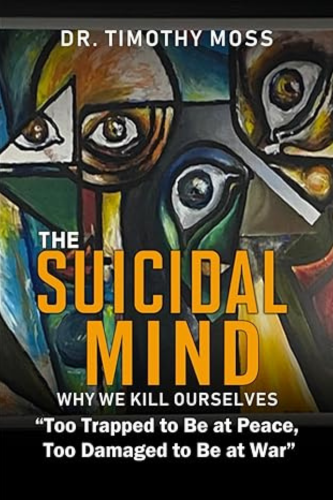Books

Clear Vision in a Dark Place: Leah's Untold Legacy
What do you do when who you are destined to be, is trapped inside of who you are? This book exposes the life and legacy of Leah, the Messianic Matriarch. So little has been said about Leah in the biblical text. Her story has been easily overlooked, misinterpreted and maligned in history. Therefore, she has been given a bad rap, and many have even mistakenly called her ugly!
Can I Just Have Jesus?: Reigniting Your Pursuit of God
Do you hunger for a vibrant spiritual life? Are you tired of hearing “information” about God and desire “intimacy” with God? Are you desperate for an encounter with God and believe that He is about to do something? The truth of the matter is that people are starving for God; they have achieved material wealth yet satan has robbed them of their victory, stole their peace of mind, destroyed their influence, weakened their faith and blinded them to the hope of the gospel…..


COMPLEXITIES AND CHALLENGES: Clinical Perspectives in Combat Veteran Treatment & the Unique Needs of Military Families
The American veteran population is a unique, yet multifaceted population with a distinct culture that is having a hard time reacclimating into society after deployment due to military skills that are not transferrable to civilian life. Complex deployment and reintegration needs are among specifically identified veteran issues.
Mental Health In Communities Of Color
20 years ago, the Institute of Medicine (IOM) Committee on Understanding and Eliminating Racial and Ethnic Disparities in Health Care released a landmark report “Unequal Treatment: Confronting Racial and Ethnic Disparities in Health Care” that spotlighted (if not floodlighted) systemic racism in medicine. The 764-page report minces no words about the inequality rife throughout medical care: “Racial and ethnic minorities experience a lower quality of health services, and are less likely to receive even routine medical procedures than are white Americans.”


The Suicidal Mind: Why We Kill Ourselves
Suicide deaths have increased dramatically in recent years to 40,000 Americans annually, a leap that has been attributed variously to the Great Recession, wars in Iraq and Afghanistan, and access to guns and prescription pain killers – but what about medical error? Thirty-nine percent of suicide completers have been seen in an ER within the past year (many for mental health complaints and self-harm), while 59% of ER patients with injuries from deliberate self-harm do not receive a psychiatric assessment.
